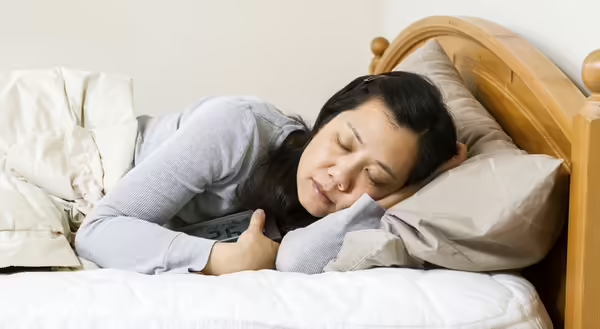
Have you been staying up late to catch up on your favorite shows or social media? Perhaps, your busy schedule has pushed your bedtime back later than you would like. After all, many of us are juggling work, social and philanthropic activities, and adding on our loved one’s schedules to the mix, well, the hours in the day never seem to be enough! Unfortunately, as you may already know, what gets shortchanged is our night’s rest. Getting the recommended amount of sleep nightly is a struggle that many of us constantly face. Despite our busy lives, we must allow our bodies to recover from the stress that each day brings.
Sleep not only affects our appearance but also our emotions and our performance and can impact our overall quality of life. For instance, sleep affects our concentration which makes learning and committing new information to memory more difficult. Sleep problems can lead to weakened immune systems and impact our physical health, particularly cardiovascular health. Additionally, lack of sleep can put us at danger for errors on the road or at work; it can also lead to falls even at home.
Although there will be nights that we will have a hard time falling asleep, there are a few things we can do to help.
- Surroundings
- Eliminate light coming into the room by closing the blinds and drawing the curtains.
- Adjust the thermostat; the recommended temperature is between 65°-72°F.
- Reduce the amount of noise as much as possible. Earplugs can help.
- Select a comfortable mattress, pillows, comforters, and other bedding.
- Scan your room and think about what you can do away with; anything that can be keeping you from getting a good night’s sleep, for example, television, computer, even books.
- Food and Drinks
- Do not go to bed hungry; this can cause you to wake up earlier. Eat a light snack 45 minutes before going to bed.
- You should finish your last meal of the day at least two hours before going to bed.
- Avoid caffeine and sugar in the evening. Alcohol and cigarettes can also disrupt your sleep.
- Consume foods that are good sources of melatonin which will help you sleep. Almonds, walnuts, cottage cheese, strawberries, rice, and cow’s milk contain melatonin.
- Mindset
- Focus your thoughts on relaxing and avoid thinking about any work or personal stressors as you lie in bed.
- Practice mindfulness and meditation to help you prepare for sleeping through the night.
- Routine
- Set your bedtime and honor it every night. Consider creating a relaxing bedtime ritual and sticking to it.
- Exercise regularly daily.
- Limit the use of electronics before bed; the blue light they emit can keep you alert.
Speak to your primary care physician about your sleep habits. The recommended amount of sleep varies based on various factors including age. To learn about how much sleep you need, visit https://www.sleepfoundation.org/articles/how-much-sleep-do-we-really-need.